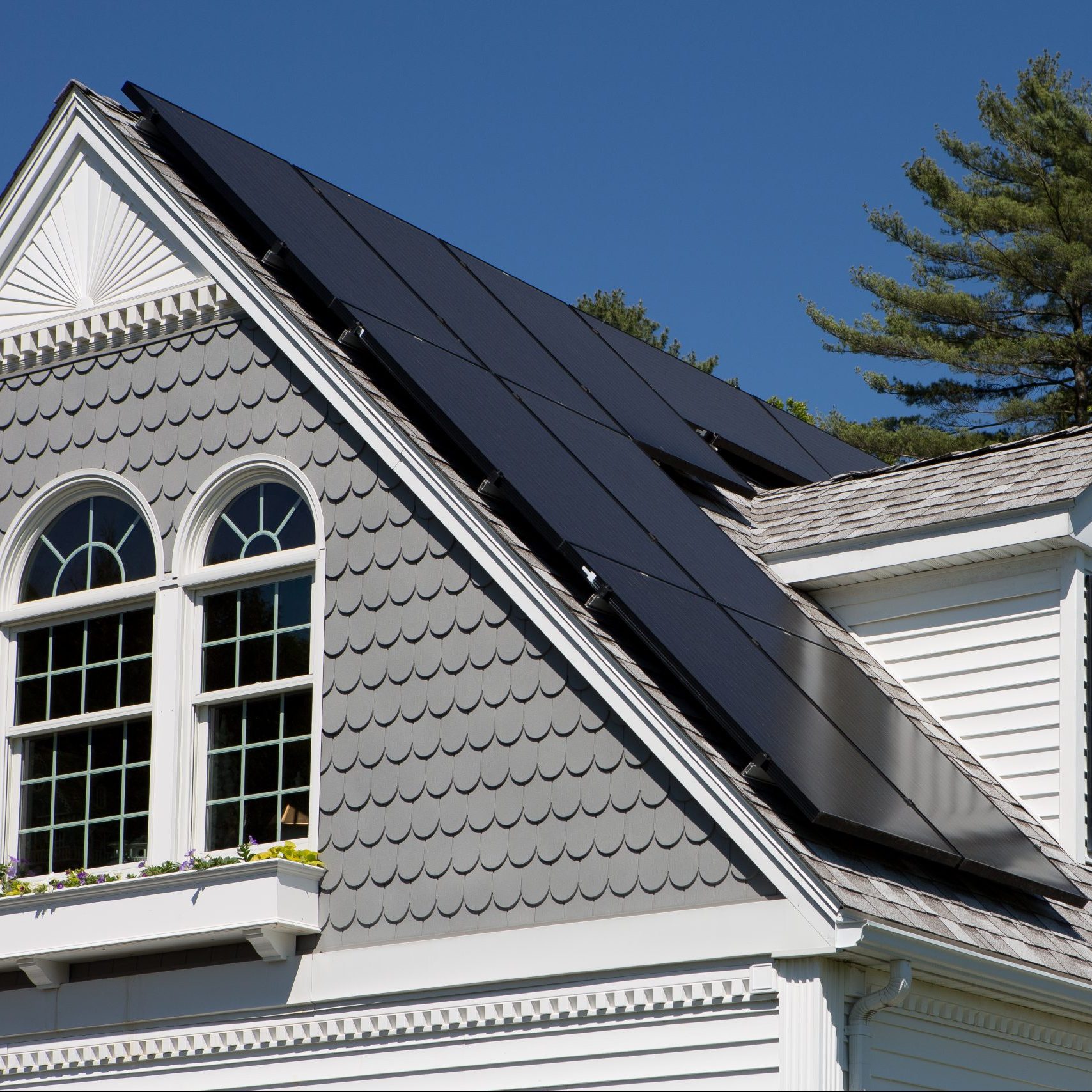Solar energy is a renewable energy source that that does not emit greenhouse gasses. This clean and sustainable process is the most abundantly available energy source on Earth. Not only does solar power improve air quality by reducing carbon emissions, but it also uses less water than other methods of energy production.

A solar energy system allows homeowners to lock in their energy costs and gives them protection against rising energy rates. As rates rise, the value produced by a solar system increases. In most cases, an efficient solar system will offset a majority of your yearly energy consumption with the highest monthly offset being in the summer months and lowest in the winter months.
If the grid goes down, you stay up! With solar energy, you don’t need to worry about a disruption in service. Solar Batteries make it possible to keep the lights on regardless of weather or power outages. Solar panels are designed to withstand challenging climates and harness energy even during the shorter winter days.
A residential solar system, also known as a rooftop solar system or residential photovoltaic (PV) system, offers several benefits for homeowners. Here are some of the key advantages:
It’s worth noting that the benefits of a residential solar system can vary based on factors such as location, local regulations, system size, and individual energy consumption. Consulting with a solar professional or installer can provide personalized insights into the specific benefits and considerations for your home.
Make the switch to solar energy today to start saving on your monthly utility bills.